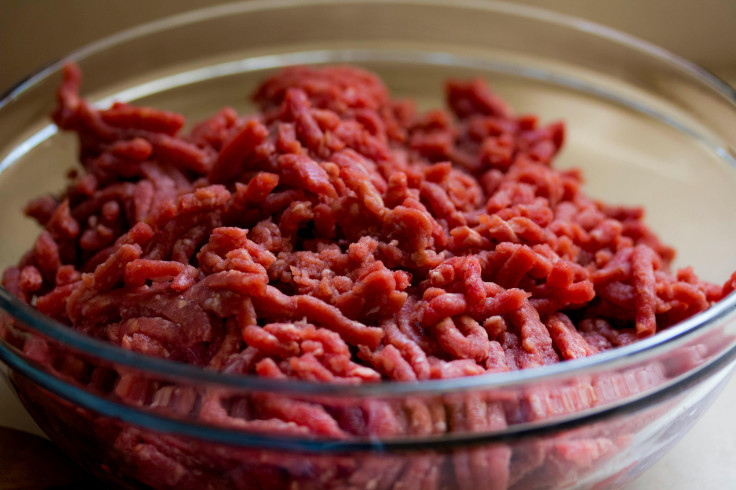The Dirty Truth About 'Clean' Food: What the Organic Ground Beef Recall Reveals
Organic labels offer no guarantee against harmful contamination

The recent public health alert involving organic ground beef sold at Whole Foods Market has raised serious questions about the safety and reliability of so-called 'clean' foods.
Despite carrying the prestigious USDA organic label, this incident serves as a timely reminder: organic does not mean risk-free.
Ground Beef Recall: What You Need to Know
In late May 2025, the US Department of Agriculture (USDA) issued a public health alert concerning 1-pound packages of Organic Rancher Ground Beef (85% lean, 15% fat). The product, marked with 'EST. 4027,' bore the USDA organic seal and was produced on 22 and 23 May, with 'use or freeze by' dates of 19 and 20 June.
Though initially shipped to distribution centres in Connecticut, Georgia, Illinois, and Maryland, the product made its way onto shelves across the US at Whole Foods Market, a retailer known for promoting organic, high-welfare, and 'clean' food products.
The alert was issued due to concerns over E. coli O157:H7 contamination, a potentially dangerous pathogen that can cause severe foodborne illness. While no illnesses have been reported so far, the warning highlights the risk of contamination, even in products labelled as organic.
Organic Isn't Always Safer
Consumers often associate the term 'organic' with safety, purity, and better quality. It's a perception heavily influenced by branding and packaging. However, organic certification governs farming methods, not the hygiene practices during processing or the elimination of harmful bacteria like E. coli.
Whether meat is organic or conventionally raised, the threat of bacterial contamination remains. In this case, the likely point of contamination was not the farm, but during processing or packaging. This incident shows that even 'clean' foods can harbour invisible dangers.
Why Wasn't There a Formal Recall?
Curiously, the USDA did not issue a formal recall. The reason? The product was believed to be no longer available for sale when the contamination was discovered.
This reactive stance has drawn criticism from public health advocates, who argue that delayed alerts and the absence of a formal recall can compromise consumer safety. If a product is contaminated, shouldn't it be pulled from shelves and households regardless of assumed availability?
The Consumer's Dilemma: Trusting the Label
This incident has shaken consumer trust in organic and 'clean' labelling. While these designations reflect certain production standards, they do not guarantee safety from harmful pathogens.
Consumers are reminded to:
- Cook ground beef thoroughly, ensuring an internal temperature of at least 71°C (160°F)
- Practise proper hygiene when handling raw meat
- Stay informed by monitoring food alerts from credible sources like the USDA or the Food Standards Agency (FSA)
What the Food Industry Must Learn
The organic food industry faces a pivotal moment. This event should catalyze for:
- Enhanced traceability across the supply chain
- Stricter post-harvest safety protocols
- Faster public alert systems, even when a product is presumed off the shelf
Organic labelling must go beyond image, it must be backed by rigorous safety standards from farm to fork.
A Label Isn't a Guarantee
The organic ground beef recall is more than a food safety scare, it's a wake-up call. Labels like 'organic' and 'clean' should not lull consumers into a false sense of security. In an era where food choices are increasingly guided by ethics and health, transparency and accountability are non-negotiable.
Trust isn't something you can package, it must be earned, batch by batch.
© Copyright IBTimes 2025. All rights reserved.





















